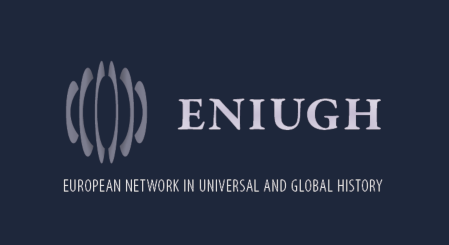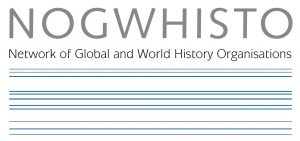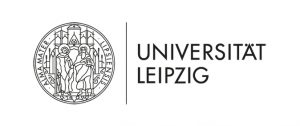The Seventh European Congress on World and Global History was hosted by Leiden University on its campus in The Hague, UN City of Peace and Justice, from 29 June to 1 July 2023. Taking inspiration from its hosting location, the congress explored the main theme of “Conflict and Inequity, Peace and Justice: Local, Regional and International Perspectives” and was dedicated to discussing structural and specific causes of conflict and inequity as well as the corollary features of various quests for peace and justice. By exploring these causes and quests on the local, regional, transregional, and global scale, more than 250 international researchers in 64 panels shed light on how the dynamics of conflicts and struggles for peace have shaped the lives of peoples and the development of sociopolitical orders in all historical periods and around the globe. Combining insights from diverse disciplines and scholarly traditions, the congress thus contributed to a better understanding of the challenges and potentials of ongoing global transformations and all their political, social, economic, and cultural repercussions.
In addition to these multi-faceted and in-depth presentation by scholars from all over the world, the conference highlighted specific views from The Hague as a centre of multilateralism, internationalism(s) and as a UN city in a time of crises. Researchers of the hosting institution, Leiden University, presented their thoughts and findings on “Citizen Diplomacy, New Diplomatic History, and Questions of Historical Agency” as well as on “The Pasts, Presents and Futures of Multilateralism” and deliberated new directions and possibilities for the field of Global History in the Closing Roundtable “Global History. Looking to the Future”.
For more information on the congress click here.





